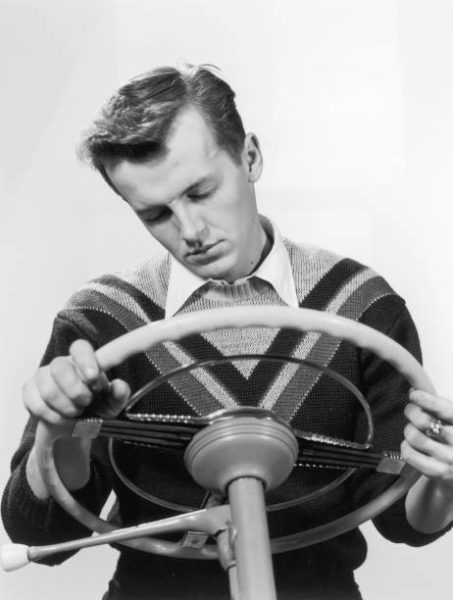Should teens be paid for chores?
May 12, 2021
Many teenagers will perform chores in exchange for an allowance – a great system in theory. It teaches them the value of hard work, about savings and handling money, and it gets some chores done for the parents. But should these teenagers really be paid for contributing to the upkeep of their own household? In short, absolutely not. While I agree that working for chores can teach teens the values of hard work, doing chores without the expectation of compensation can teach teens the value of contributing to a family unit.
It teaches them that one should do the dishes not because their mom will pay them, but because it is the right thing to do. Because a family unit’s functionality depends upon the collective efforts of everyone in the family, both children and parents. Through this, teenagers can develop a greater sense of selflessness, as it teaches them to give, without the expectation of receiving something in return.
Additionally, when teens are given an allowance, it can foster a sense of entitlement. Sure they’ll be “working” for the allowance, but can it really be called that? In the real world, people are paid for working hours at a time, for weeks on end, day in and day out. It’s difficult, and demanding work that warrants pay. As children or teenagers, however, the extent of the chores to be done probably look something like taking out the trash, washing the dishes, and maybe even doing the laundry. And the thing is, these are just simple life skills that every teen should learn.
These common chores are things which will benefit them as adults living on their own; as an adult, they’ll have to wash their own clothes, do their own dishes, and take out the trash they create – all without any pay. And so by teens performing chores without pay, it’s prepping them for the reality of adulthood. So while I’m sure many teenagers may cry out in disagreement, paying them to do simple tasks that contribute to the basic upkeep of a household, that teach them the values of selflessness, and that teach them skills that they can carry with them into adulthood, simply isn’t constructive, practical, or sensible.









